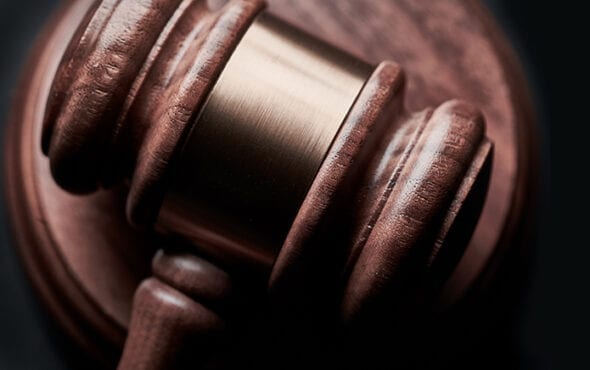
In a win for LGBTQ+ rights, a Tennessee judge has thrown out the state’s archaic drag ban.
Back in March, Republican governor Bill Lee signed Senate Bill 3 (Adult Entertainment Act) into law, making it the first state in the US to ban public drag shows.
However before the archaic law could go into effect on 1 April, Judge Thomas Parker issued a 14-day temporary order blocking the legislation –which was in response to the LGBTQ+ theatre group, Friends of George’s, lawsuit against the state.
“The United States Constitution – a law that is supreme even to the Tennessee General Assembly’s acts – has placed some issues beyond the reach of the democratic process,” Judge Parker said in his statement.
Fortunately, Judge Parker’s temporary injunction – which was later extended to 26 May – wasn’t his last ruling in favour of Tennessee’s LGBTQ+ community.
On 2 June, the US District Court judge officially struck down the Adult Entertainment Act law for being “unconstitutionally vague and substantially overbroad.”
“The AEA’s ‘harmful to minors’ standard applies to minors to all ages, so it fails to provide fair notice of what is prohibited, and it encourages discriminatory enforcement,” he said in the 70-page ruling.
“The AEA is substantially over-broad because it applies to public property or “anywhere” a minor could be present.”
Judge Parker went on to say that the Tennessee General Assembly “carelessly, if not intentionally, passed the AEA for the inappropriate purpose of chilling constitutionally-protected speech.”
Tennessee’s drag ban has been declared unconstitutional.
This was absolutely and completely expected. The judge already paused the ban earlier and delivered a scathing critique of it when he did so.
Drag bans are so clearly unconstitutional, and its a farce they were passed. https://t.co/DabUPluATo
— Erin Reed (@ErinInTheMorn) June 3, 2023
“The Court finds that the AEA’s text discriminates against a certain viewpoint, imposes criminal sanctions, and spans a virtually unlimited geographical area,” Parker’s ruling added.
“As a criminal statute that regulates the performers, the AEA offers neither a textual scienter requirement nor affirmative defenses. For these reasons, the AEA can criminalize—or at a minimum chill—the expressive conduct of those who wish to impersonate a gender that is different from the one with which they were born in Shelby County. Such speech is protected by the First Amendment.”
In response to the exciting news, Friends of George’s released a statement praising the ruling.
“This win represents a triumph over hate. Our first amendment rights were affirmed today as drag artists and makers of theatre. While today is a moment worth celebrating as we kick off Pride month, our work is not finished,” they said.
“As the onslaught of hatred against the LGBTQ+ community continues around the country through the passage of anti-trans, homophobic, and draconian laws that seek to silence expression and identity, we will remain vocal and vigilant.”
In a separate statement, GLAAD’s president and CEO, Sarah Kate Ellis, echoed similar sentiments: “This ruling is a turning point, and we will not go back. Every anti-LGBTQ elected official is on notice that these baseless laws will not stand.”
While Tenneesse’s drag ban has been halted other states have continued to push through their own anti-drag legislation, including Texas, Alabama, and Arizona.
WE WON! Judge Parker has declared Tennessee’s anti-drag law unconstitutional! Friends of George’s would like to thank Brice Timmons and Melissa Stewart at Donati Law and all who have stood by us during this fight! #standwithfriendsofgeorges #pride #dragisnotacrime pic.twitter.com/lrzN6tOHqt
— Friends of George’s (@GeorgesShowtime) June 3, 2023



